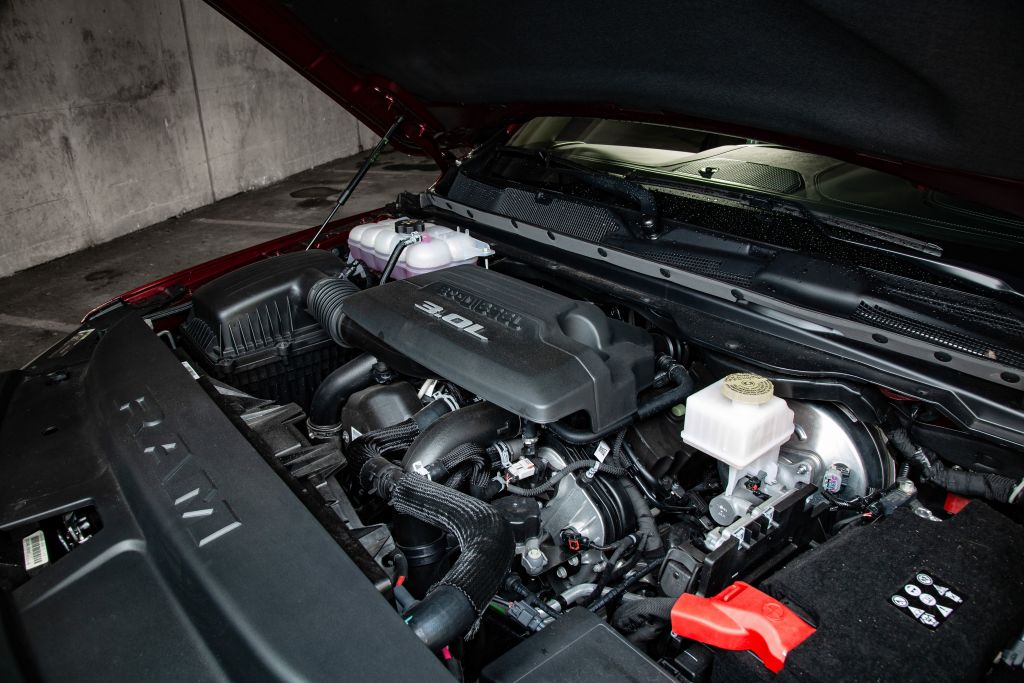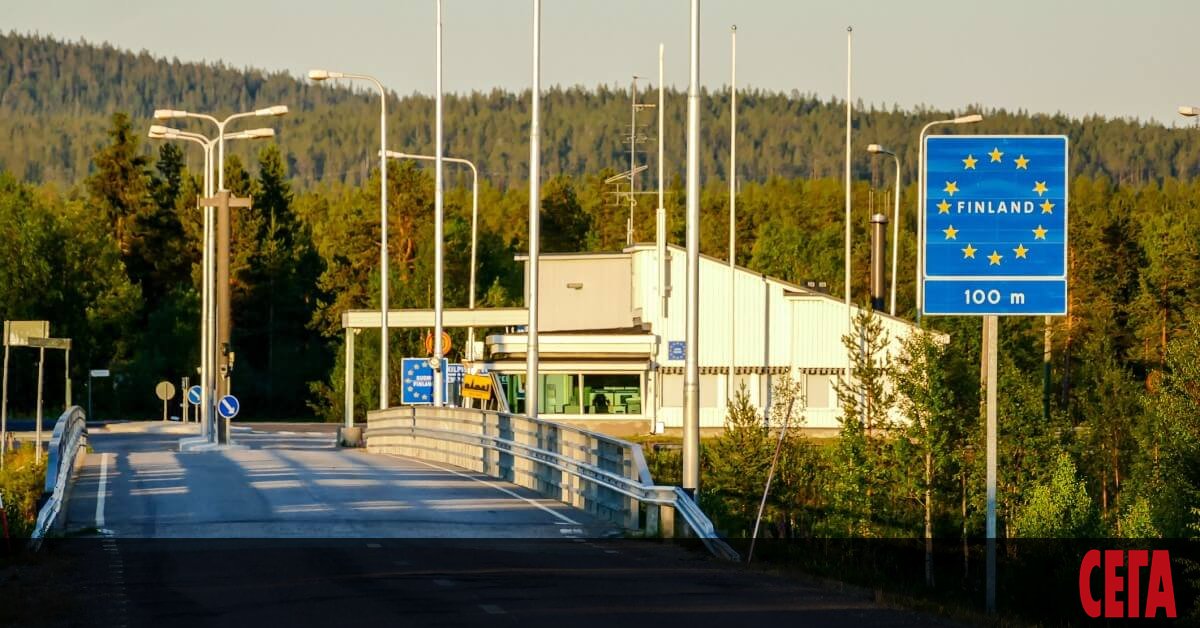It is probably entirely understandable that old non-emission compliant combustion engines need to be phased out. But why even the new and modern ones? One of the striking examples in our article.
–
I would almost dare to say that the current actions of officials (competent, indeed incompetent) not only of the European Commission, who aim at a total ban on combustion engines, will one day be scolded by our children, if not even “hit their heads”. In short, one day we will discover that we have voluntarily deprived ourselves of something that we cannot replace very well. So if to be replaced at all. And that day may come sooner than we think. At the same time, the advances made by modern engines to date are sometimes breathtaking. And despite these advances, they get a “stop sign”. Come and see one of these stories.
Why do modern engines have to stop?
I could understand the ban on engines that produce more emissions than some emission standards. Severe perhaps, but so be it. The rules are like that. In the same way I can understand that engines with huge consumptions should go “out of the way”, out of fashion, morally and de facto outdated. What about them, you can’t stop technical progress, let them make way for the best and most modern ones. After all, this has always been the case in the history of technical development. And not just technical development. But why also ban the modern ones that respect the emission limits and with low consumption? Can any of you explain this to me?
–
Why should I voluntarily send an engine that is practically a few months old and meets all current standards to the blast furnace? As well as those of the near future? What is the logic? Just because Brussels officials (and others) decided it would be better this way? It seems a bit convoluted to me. Quite little. In the development of modern diesels, we have reached the stage where we are able to develop and produce extremely economical yet emission-free engines that do not burden the environment in any way.
Great for RAM and Maserati, but not for officers
And this to the point that, for example, the three-liter six-cylinder Ecodiesel (by the Italian specialists VM Motori and used, for example, in the Maserati Ghibli Diesel) in the powerful RAM 1500 takes care of its services during a quiet drive about 10 liters of diesel. But we are almost talking about a truck with the aerodynamics of a vertically built brick, with a curb weight of over 2700 kilograms. In the latest “farewell” version, Italian motorists managed to achieve a power rating of 194 kW with a massive torque of 651 Nm. For a volume of three liters, these are quite capable values.

I
–
Let’s summarize. An engine like this is capable of meeting Euro 6 regulations (and helps with urea injection, or AdBlue) and can carry a heap of American iron in 10 liters per 100 kilometers. This will require many smaller and less powerful competitors today. However, RAM has announced the end of orders and a “stop” for this engine, version 2023 will therefore be the swan song of this drive. It needs to be replaced by an electric car with an expected battery capacity of 200 kWh and a range of up to 800 kilometers, the first will be in 2024. By the way, after publishing this information, RAM received around 8,000 orders for the diesel version in 72 hours. Surely they are all opponents of ecology.
Some questions and answers remain. Will it be more ecological? I would dare to object, at least when such gigantic batteries are produced. Will it be more practical? We do not know the charging times, but probably 200 kWh in 10 minutes will not be possible. The RAM 1500 fills its fuel tank of almost one hundred liters in a few minutes and, what’s more, he can carry a lot of diesel cans on his body if you want to plan an expedition and really want independence. On consumption 10/100 the range is about one thousand kilometers.
So where is the problem? Why does this obviously popular and functional training have to end? Being replaced by something that no one really wants or needs? Anyone know the answer? We will ask in the discussion below the article, thank you!
–


